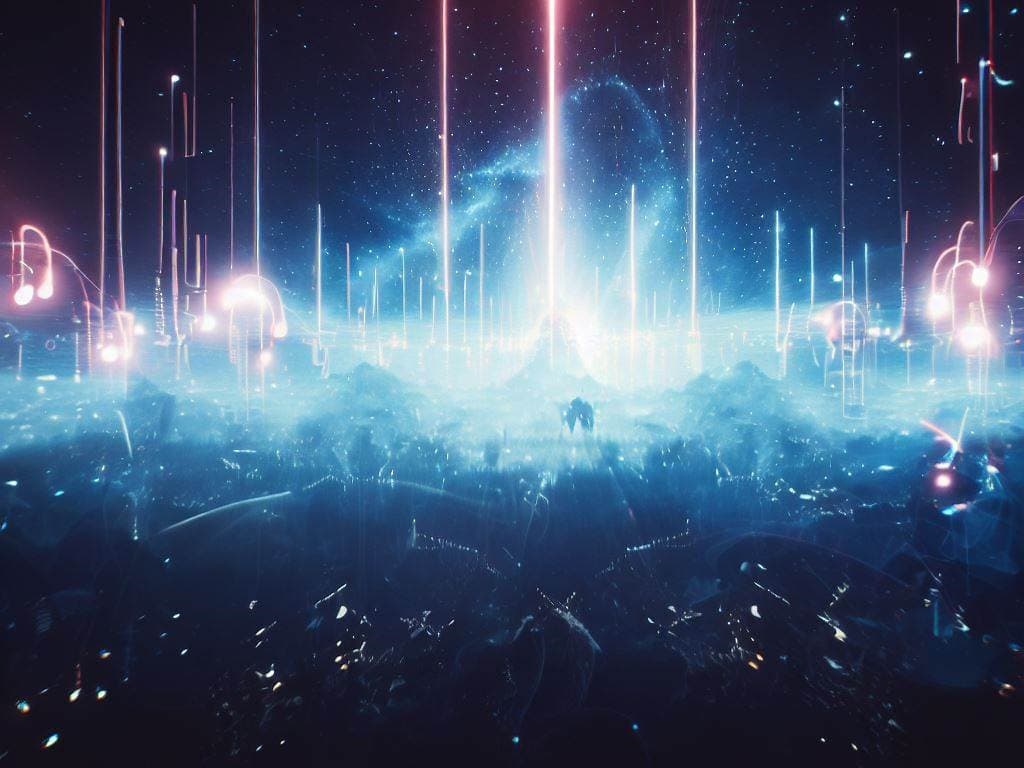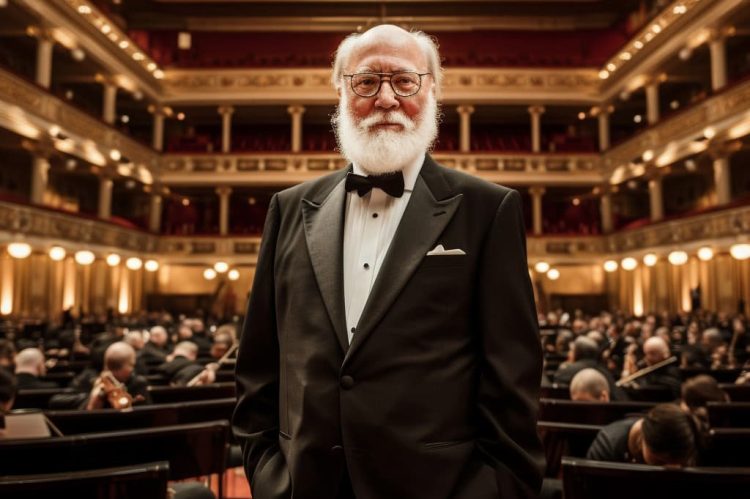Introduction: The Maestro of Movie Magic
In the world of film music, few names shine as brightly as John Williams. Born on February 8, 1932, in Floral Park, New York, Williams has become synonymous with cinematic scores that transport audiences to galaxies far away, magical schools, and shark-infested waters. With a career spanning over six decades, Williams has composed some of the most iconic and recognizable film scores in history.
His accolades are a testament to his genius: 5 Academy Awards, 25 Grammy Awards, 4 Golden Globes, and even a Kennedy Center Honor. Williams’ collaboration with filmmakers like Steven Spielberg and George Lucas has resulted in soundtracks that have not only achieved critical acclaim but have also raked in billions at the box office.
Now, let’s embark on a musical journey as we rank the top 10 scores from this legendary composer:
10. Jurassic Park (1993) Box Office: $1.03 billion
The haunting beauty of the “Theme from Jurassic Park” captures the wonder and terror of a world where dinosaurs walk the earth once more. It’s a score that’s both majestic and foreboding.
9. Close Encounters of the Third Kind (1977) Box Office: $306 million
The five-note motif used in this film became a symbol of communication and understanding, bridging the gap between humans and extraterrestrials.
8. Schindler’s List (1993) Box Office: $322 million
A hauntingly beautiful violin solo encapsulates the pain, sorrow, and hope of one man’s efforts to save as many lives as possible during the Holocaust.
7. E.T. the Extra-Terrestrial (1982) Box Office: $792 million
The “Flying Theme” is a testament to friendship and adventure, capturing the innocence and wonder of a boy and his alien friend.
6. Indiana Jones: Raiders of the Lost Ark (1981) Box Office: $389 million
The “Raiders March” is the embodiment of adventure, perfectly capturing the swashbuckling spirit of the iconic archaeologist.
5. Jaws (1975) Box Office: $471 million
With just two notes, Williams instilled a sense of impending doom and made audiences think twice about going into the water.
4. Harry Potter and the Sorcerer’s Stone (2001) Box Office: $974 million
“Hedwig’s Theme” is the musical gateway to the magical world of Hogwarts, instantly recognizable and beloved by fans worldwide.
3. Superman (1978) Box Office: $300 million
The “Superman March” is not just a theme; it’s an anthem of hope and heroism. From its triumphant brass opening to its soaring crescendos, the music encapsulates the essence of Superman: a beacon of hope in a world filled with challenges. Every time those first notes play, audiences can’t help but envision the Man of Steel taking flight, cape billowing, saving the day with unwavering determination. Williams managed to capture the duality of Superman’s character – the powerful hero and the humble Clark Kent – in a melody that’s as timeless as the character itself.
2. Star Wars: A New Hope (1977) Box Office: $775 million
The “Main Title” theme from “A New Hope” is the musical introduction to a galaxy far, far away and it’s nothing short of cinematic perfection. With its grand orchestration and epic scope, it sets the stage for a saga filled with adventure, romance, and battles between good and evil. This theme doesn’t just represent a film; it represents an entire universe of characters, stories, and lore. It’s the sound of a rebellion rising, of heroes embarking on a journey, and of a legacy that would change the landscape of cinema forever.
1. Star Wars: The Empire Strikes Back (1980) Box Office: $538 million
Topping our list is the unforgettable “The Imperial March.” This piece is more than just a theme; it’s a character in its own right. Dark, imposing, and dripping with menace, it perfectly encapsulates the might of the Galactic Empire and the chilling presence of Darth Vader. Every beat, every note tells a story of power, ambition, and the dark side of the Force. It’s a testament to Williams’ genius that he could craft a piece that becomes synonymous with one of cinema’s most iconic villains. When “The Imperial March” plays, it’s not just a theme; it’s a statement.

Conclusion
John Williams’ scores have transcended the realm of film music, becoming cultural touchstones that resonate with audiences of all ages. His compositions are not mere accompaniments to the visuals; they are integral to the storytelling, adding depth, emotion, and an unparalleled epic scale. In films where characters don’t always have the words to express their feelings, Williams’ music speaks volumes. As we reflect on his illustrious career and the indelible mark he has left on the world of cinema, it’s evident that John Williams is not just a composer; he’s a storyteller, a magician, and a true cinematic legend. His legacy is one of brilliance, and it will undoubtedly continue to inspire and captivate for generations to come.

